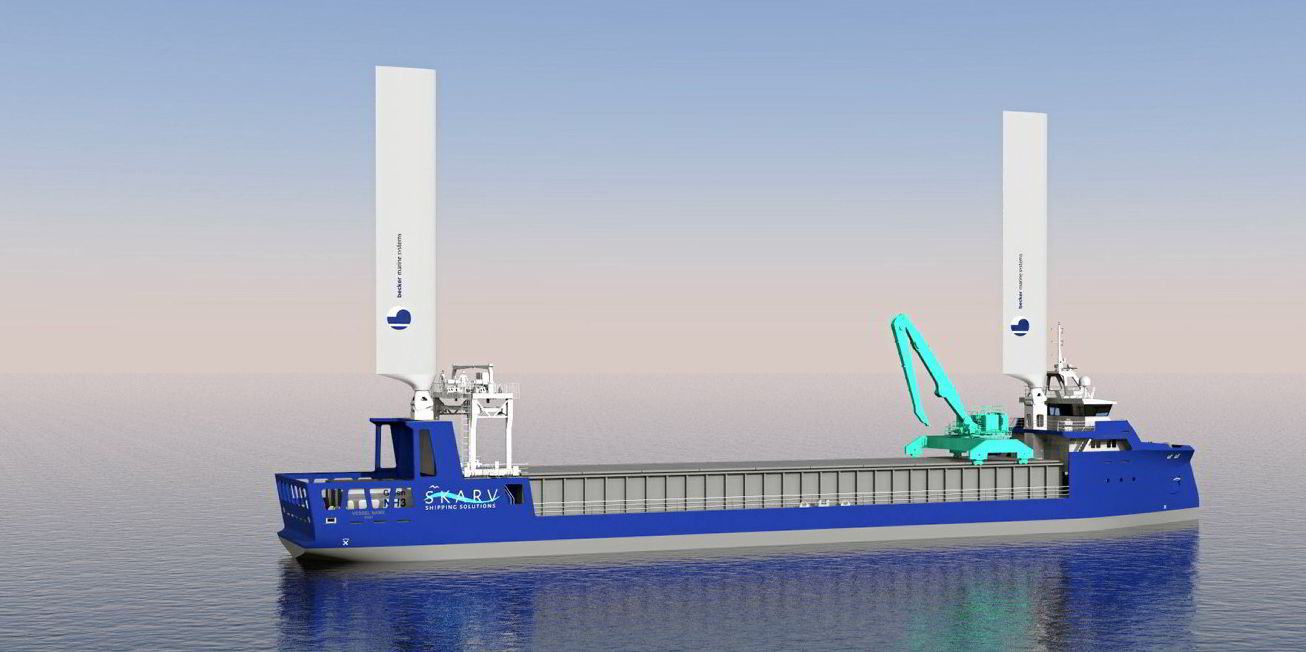Norwegian shipping operators are pledging to cut emissions by 50% by 2030 as part of a Green Shipping Challenge agreed with the US to be announced on the sidelines of the COP27 climate talks in Egypt.
The challenge, first formulated in May by the governments of Norway and the US, will see Norwegian maritime cluster and shipping-industry organisations, shipowners, classification societies and financiers cooperate in aiming to achieve zero emissions faster than International Maritime Organization (IMO) targets.
The IMO currently aims to reduce CO2 emissions from global shipping by at least 40% by 2030 and 70% by 2050. The Norwegian shipping effort will be in line with Norway’s national climate goals.
The collaboration will be formally announced today at a launch event during COP27 in Egypt attended by Norway’s prime minister Jonas Gahr Store alongside US special presidential envoy on climate John Kerry and Norwegian climate and environment minister, Espen Barth-Eide.
The Norwegian maritime partners will be represented by the Confederation of Norwegian Enterprise president, Svein Tore Holsether.
Alongside efforts to improve the energy efficiency of existing vessels, the partners said they will undertake to develop, design and build the zero-emission vessels of the future.
“Achieving 2030 national climate goals will require 700 low-emission and 400 zero-emission ships in Norway alone,” they said.
The partners will also contribute to nascent green shipping corridors in Europe through the development of port infrastructure along the Norwegian coast.
Harald Solberg, chief executive of the Norwegian Shipowners' Association, said the country’s maritime industry has set ambitious climate goals, and is taking a leading role in developing green
“Nine out of 10 Norwegian shipowners say that they will equip their ships with new technology that cuts emissions. The same number also believe they will be climate neutral by 2050,” he said.
Solutions under consideration include green ammonia, hydrogen, wind-assisted propulsion, batteries and the use of artificial intelligence to reduce ships' fuel consumption.
“However, to succeed with the green shift we need strong partnerships between the industry, governments and academia,” Solberg added in welcoming the Norwegian government commitment.
Norwegian financial partners in the maritime sphere will utilise capital instruments to support green measures and projects through the provision of risk capital and financial advisory services.
Further details on the development of Clean Energy Marine Hubs are expected to be given at a press conference on the Green Shipping Challenge initiative this afternoon.





